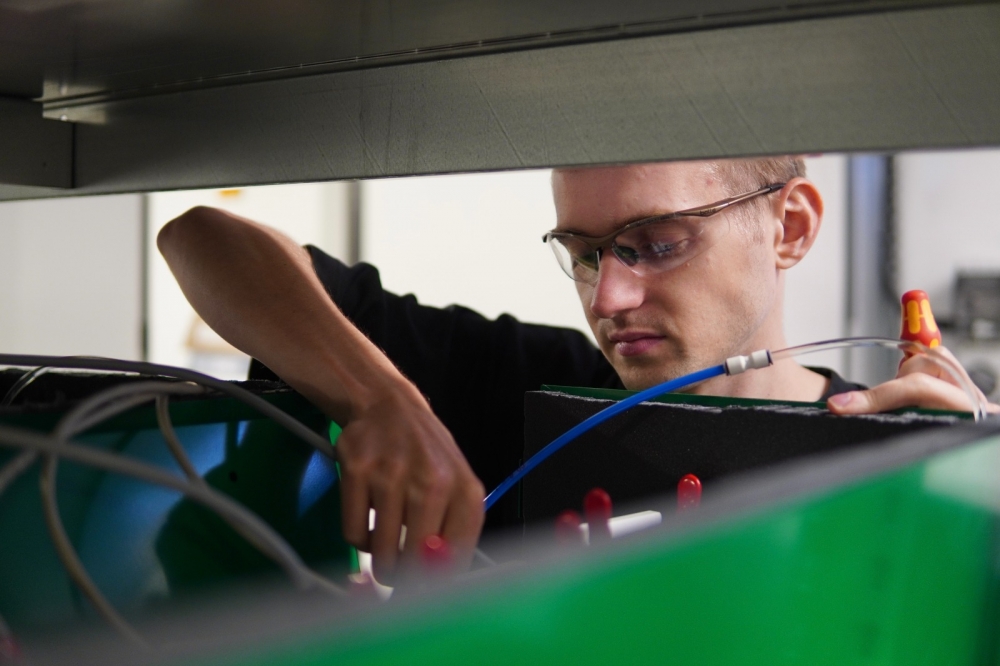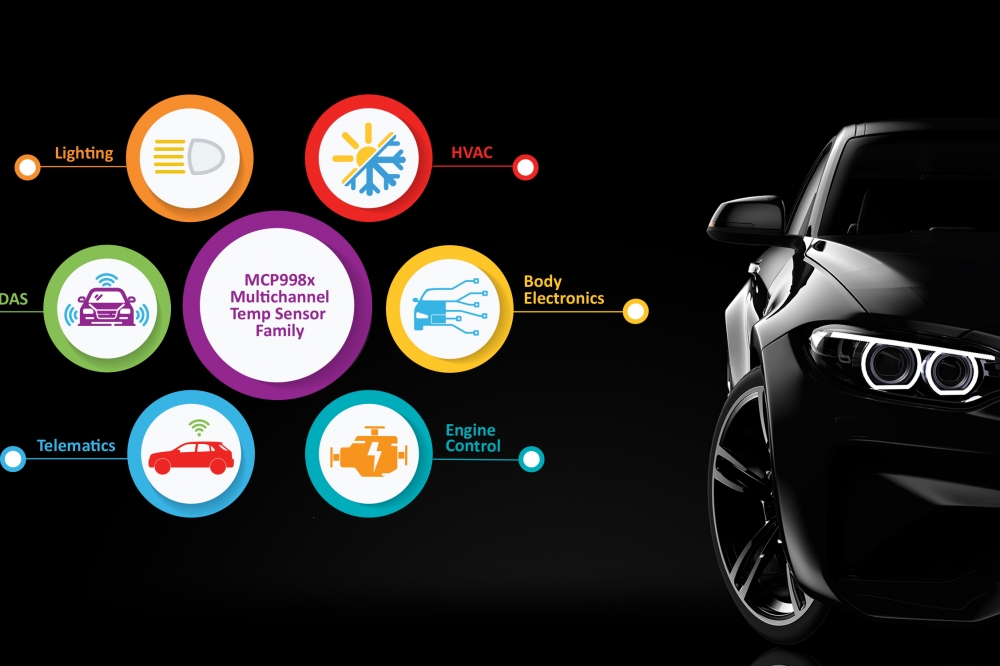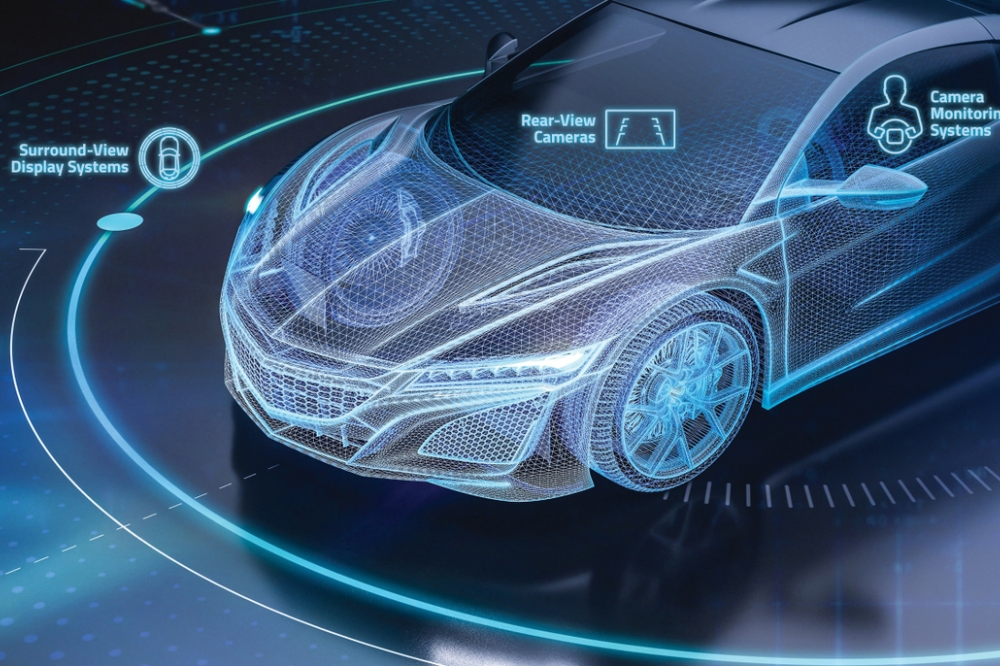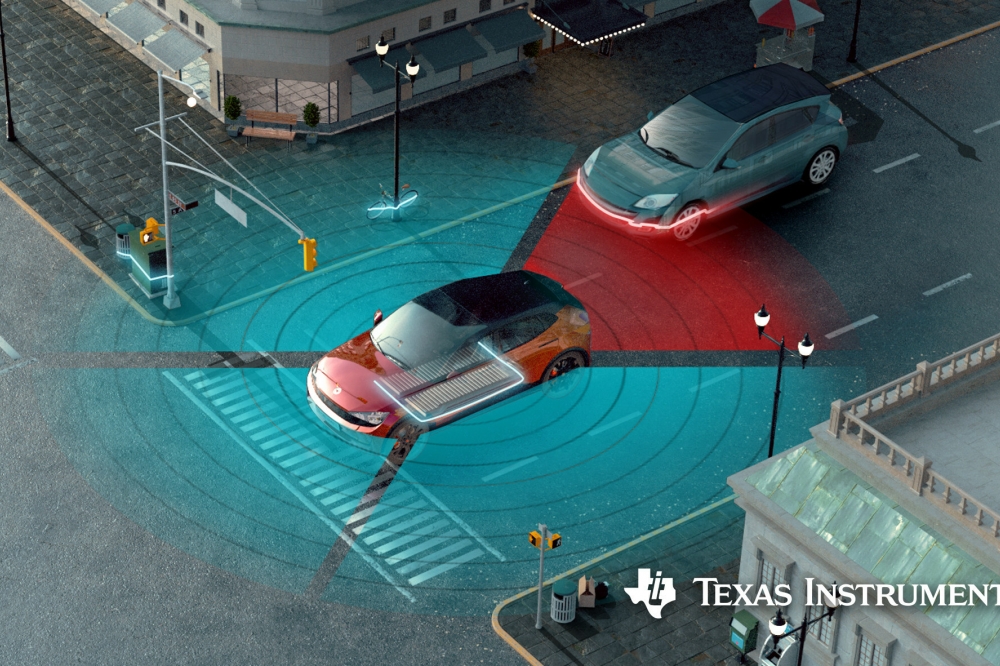Consolidation, automation and electric vehicles: Automotive engineers outline their thermal challenges for 2020
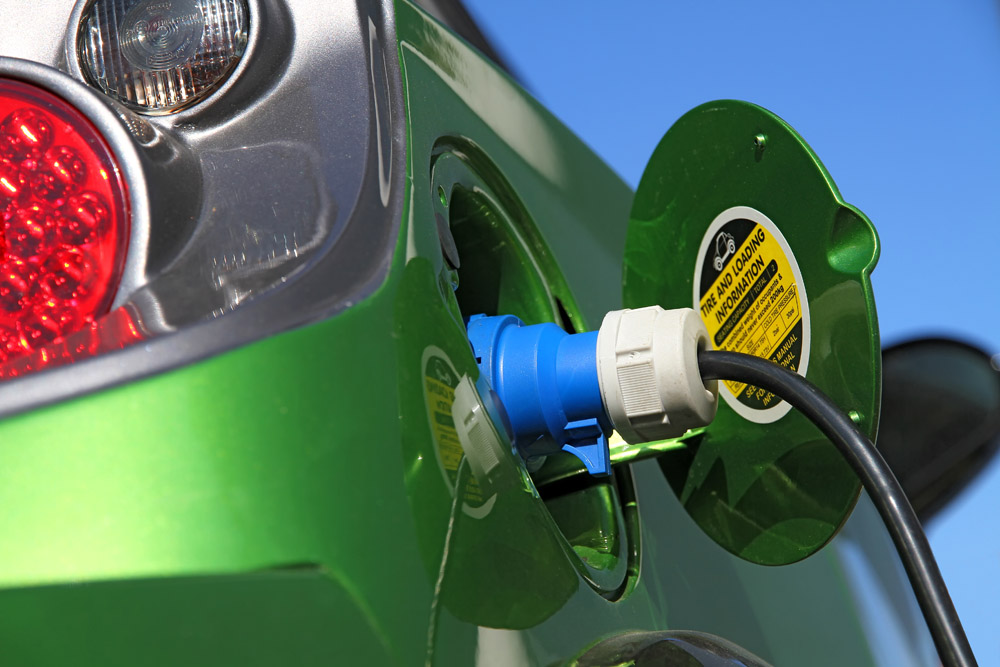
New 6SigmaET report outlines the biggest trends and thermal challenges faced by engineers in the automotive industry
New research from Future Facilities — maker of the 6SigmaET thermal simulation software — has revealed the top thermal trends and challenges facing the automotive industry in 2020.
Conducted as a roundtable discussion, the research brings together thermal engineering experts from some of the world’s leading automotive and electronics companies, including automotive supplier Brose and level 4 autonomous vehicle company, AutoX Inc. The report also includes additional commentary from Motorola, BOSCH and the 6SigmaET team.
According to these industry experts, “consolidation” ranks as the top trend shaping the automotive industry in 2020, but also the biggest challenges facing thermal engineers. The report outlines the growing demand for safety, connectivity and entertainment features, forcing engineers to consolidate electronics onto individual MCUs.
The expert panel also recognised the switch to electric vehicles as a major challenge for thermal engineers. According to the report, “The lithium-ion batteries used in EVs are far more sensitive to temperature changes than conventional fuels. Power electronics components — which may be used to transmit power from the batteries to the motor — are also extremely thermally sensitive, with elevated temperatures resulting in significant thermal runaway.”
The final thermal challenge identified by Future Facilities’ panel was the ongoing race for autonomous vehicles, with self-driving cars requiring high performance hardware and decision-making AI to be incorporated into their electronics ecosystems.
Commenting on these findings, Chris Aldham, 6SigmaET Product Manager at Future Facilities, said, “Today’s vehicles are no longer just a means of getting from A to B. The electronics inside the average car is now more complex than ever, with an extraordinary combination of safety, luxury and entertainment features being crammed into the design. With ever more electronics being added, it’s inevitable that these vehicles will produce a greater heat output which could result in unexpected thermal complications.
“Our latest focus group — and the resulting industry report — have been an opportunity to explore those complications, and to understand how thermal engineers can prepare. If we are to build the best electronics for these new vehicles, we need to evolve our thinking about CFD simulation and thermal design. The next generation of vehicles will require more advanced cooling techniques, electronics that operate in increasingly dense environments and thermal solutions that are highly integrated with mechanical packaging design. By understanding these demands now, we can evolve our CFD simulation software to meet the future requirements of automotive engineers.”
Following the roundtable, Future Facilities has released the key findings of the discussion as an e-book that automotive engineers can use to compare, enhance and streamline their own design processes.
Consolidation, automation and electric vehicles: Automotive engineers outline their thermal challenges for 2020
Modified on Wednesday 9th September 2020
Find all articles related to:
Consolidation, automation and electric vehicles: Automotive engineers outline their thermal challenges for 2020


 Add to my Reading List
Add to my Reading List Remove from my Reading List
Remove from my Reading List